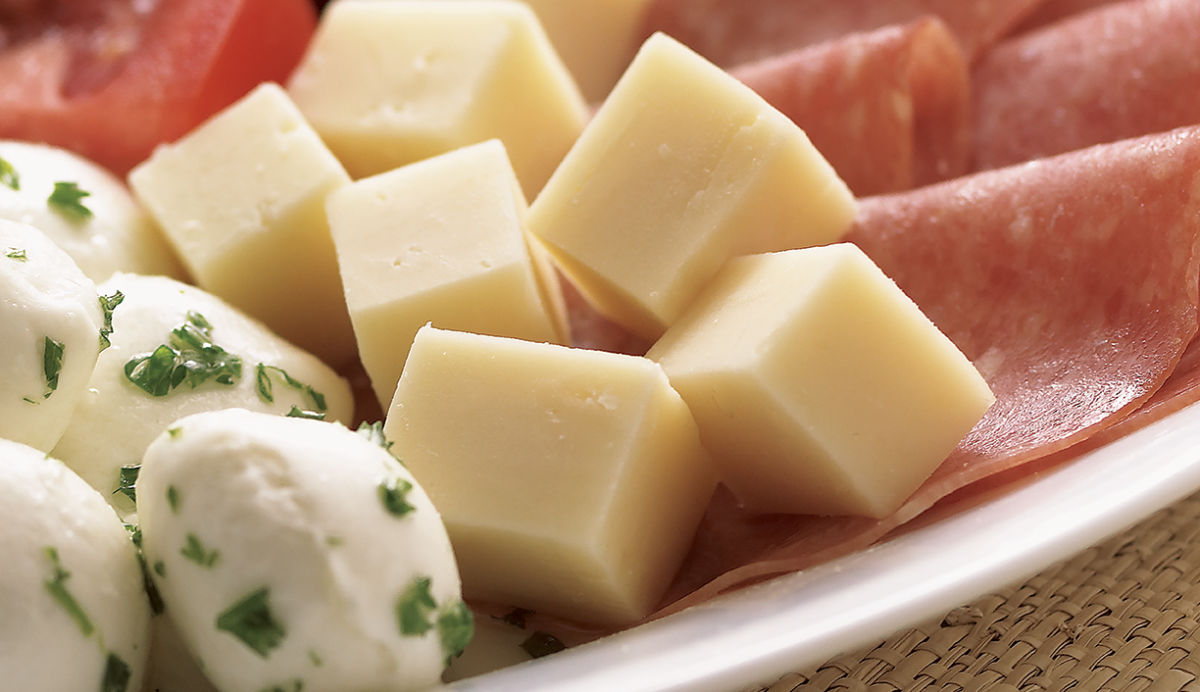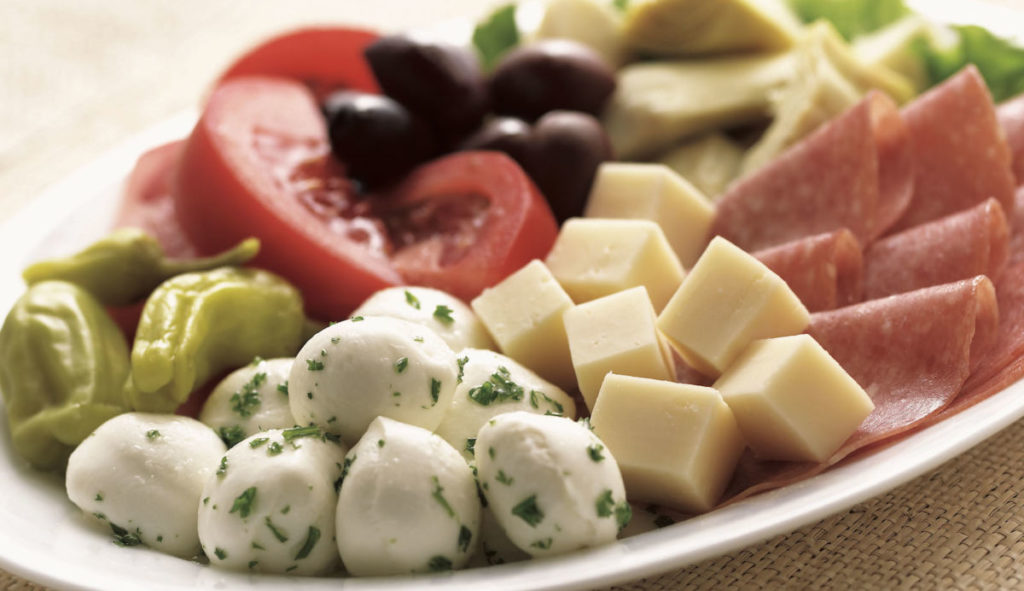Provolone cheese has been a favorite of food enthusiasts worldwide for its rich, complex flavor and versatility in culinary applications. But the question that often arises is, "is provolone an aged cheese?" Understanding the aging process and the unique characteristics of this cheese can help you appreciate its depth and complexity. Whether you're a cheese connoisseur or simply curious about the world of dairy, this article dives deep into the nuances of provolone, exploring its origins, production methods, and the factors that contribute to its distinctive taste.
Provolone's reputation as a gourmet cheese is well-deserved, but its classification as an aged cheese is a topic of debate among experts. The cheese undergoes a maturation process that enhances its flavor profile, making it a popular choice for a variety of dishes. From sandwiches to pizzas, provolone adds a layer of richness that elevates any meal. In this article, we will unravel the mysteries of provolone and answer the pressing question: is provolone an aged cheese?
As we explore the world of provolone, we will delve into its origins, production techniques, and the factors that influence its aging process. By the end of this article, you will have a comprehensive understanding of this beloved cheese and its place in the culinary world. Let's embark on this flavorful journey and discover the truth about provolone's aging process.
Read also:Mastering Customer Service For Metlife Your Ultimate Guide
What Exactly is Provolone Cheese?
Provolone is a semi-hard cheese that originates from Italy, specifically from the regions of Lombardy and Veneto. It is made from cow's milk and has a smooth, elastic texture that makes it ideal for melting. The cheese's flavor can range from mild and sweet to sharp and tangy, depending on its aging period. This versatility has made provolone a staple in Italian cuisine and beyond.
One of the key factors that contribute to provolone's popularity is its ability to complement a wide range of flavors. Whether paired with fruits, nuts, or cured meats, provolone adds a layer of complexity that enhances the overall dining experience. Its rich history and traditional production methods have earned it a place among the world's finest cheeses.
Is Provolone an Aged Cheese?
The question of whether provolone is an aged cheese is one that has puzzled many cheese enthusiasts. The answer lies in understanding the aging process and the variations within the provolone family. Provolone cheese is available in two main types: provolone dolce and provolone piccante. Provolone dolce is aged for a shorter period, typically two to three months, resulting in a milder flavor. On the other hand, provolone piccante is aged for several months, sometimes up to a year, developing a sharper, more intense taste.
So, is provolone an aged cheese? The answer is yes, but the degree of aging varies depending on the type of provolone. This flexibility allows consumers to choose the flavor profile that best suits their preferences, whether they prefer a mild, creamy cheese or a robust, tangy option.
What Are the Factors That Influence Provolone's Aging Process?
- Temperature: The environment in which provolone is aged plays a crucial role in its flavor development.
- Humidity: Maintaining the right level of humidity ensures that the cheese matures evenly.
- Time: The duration of the aging process affects the intensity of the cheese's flavor.
These factors, combined with the expertise of skilled cheesemakers, result in a cheese that is both complex and versatile. Understanding the intricacies of the aging process can deepen your appreciation for provolone and its unique characteristics.
Where Does Provolone Come From?
The origins of provolone can be traced back to southern Italy, where it was first produced in the 19th century. Over time, the cheese gained popularity and spread to other regions, including Lombardy and Veneto. Today, provolone is produced in various parts of the world, but the Italian versions remain the most sought-after due to their adherence to traditional methods.
Read also:Exploring The Vibrant World Of San Diegos Museum Of Modern Art
The production of provolone involves a meticulous process that begins with the curdling of milk. The curds are then stretched and shaped into their distinctive form before being aged to perfection. This labor-intensive process ensures that each wheel of provolone is a testament to the artistry and craftsmanship of its creators.
How is Provolone Made?
Provolone production begins with the pasteurization of cow's milk, which is then inoculated with starter cultures to promote fermentation. Once the milk has curdled, the curds are cut into small pieces and heated to develop their characteristic texture. The next step involves stretching the curds, a technique known as pasta filata, which gives provolone its elastic quality.
After shaping, the cheese is submerged in brine to enhance its flavor and preserve its structure. The final stage of production is aging, during which the cheese develops its signature taste. This process can last anywhere from a few months to over a year, depending on the desired flavor profile.
Why is Aging Important for Provolone?
Aging is a critical component of provolone production, as it allows the cheese to develop its full flavor potential. During this time, the cheese undergoes physical and chemical changes that enhance its complexity and depth. The enzymes present in the cheese break down proteins and fats, creating a richer, more nuanced taste.
For those who wonder, "is provolone an aged cheese?" the answer lies in the transformative power of aging. This process not only intensifies the cheese's flavor but also contributes to its texture and aroma, making it a truly remarkable culinary experience.
What Are the Benefits of Eating Aged Cheese?
Consuming aged cheese, including provolone, offers several health benefits. The aging process enhances the cheese's nutritional value by increasing its concentration of beneficial compounds such as vitamins, minerals, and probiotics. These elements support gut health, boost the immune system, and contribute to overall well-being.
In addition to its nutritional benefits, aged cheese like provolone can be a source of pleasure and indulgence. Its rich flavor and smooth texture make it a delightful addition to any meal, whether enjoyed on its own or paired with complementary ingredients.
Is Provolone an Aged Cheese Worth Trying?
If you're wondering whether provolone is an aged cheese worth trying, the answer is an enthusiastic yes. Its versatility and depth of flavor make it a must-try for cheese lovers and culinary explorers alike. Whether you opt for the milder provolone dolce or the more robust provolone piccante, you're sure to appreciate the craftsmanship and tradition that go into each wheel.
As you explore the world of provolone, keep in mind that the question "is provolone an aged cheese?" is just the beginning of a fascinating journey into the art of cheesemaking. With its rich history and diverse flavor profiles, provolone offers something for everyone.
Can You Use Provolone in Cooking?
Absolutely! Provolone's melting properties make it an excellent choice for a variety of dishes. From grilled cheese sandwiches to lasagna, this versatile cheese adds a layer of richness that enhances the overall flavor of the meal. Its ability to complement both mild and bold flavors makes it a favorite among chefs and home cooks alike.
So, the next time you're in the kitchen, consider reaching for provolone to elevate your culinary creations. Whether you're answering the question "is provolone an aged cheese?" or simply indulging in its delicious taste, you're sure to enjoy the experience.
Conclusion
In conclusion, the question "is provolone an aged cheese?" has a nuanced answer that highlights the versatility and complexity of this beloved cheese. Whether you prefer the mild flavors of provolone dolce or the robust intensity of provolone piccante, there's a provolone for every palate. By understanding the aging process and the factors that influence its flavor development, you can appreciate the artistry and tradition that go into each wheel of provolone.
As you explore the world of provolone, remember that its rich history and diverse applications make it a cheese worth savoring. Whether enjoyed on its own or incorporated into your favorite recipes, provolone offers a taste experience that is both satisfying and memorable. So go ahead and indulge in the delicious world of provolone – your taste buds will thank you!
Table of Contents
- What Exactly is Provolone Cheese?
- Is Provolone an Aged Cheese?
- What Are the Factors That Influence Provolone's Aging Process?
- Where Does Provolone Come From?
- How is Provolone Made?
- Why is Aging Important for Provolone?
- What Are the Benefits of Eating Aged Cheese?
- Is Provolone an Aged Cheese Worth Trying?
- Can You Use Provolone in Cooking?
- Conclusion


